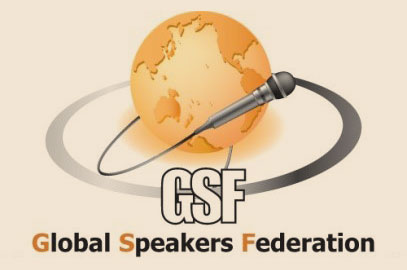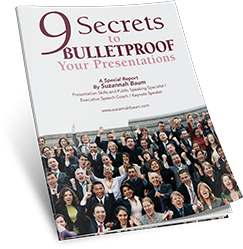Malcolm Gladwell talks about…spagetti sauce?
Malcolm Gladwell, author of Blink, The Tipping Point, Outliers, What the Dog Saw and others, discusses the American quest to find the perfect spaghetti sauce in this 17-minute TED video, and relates this quest to a larger argument about the nature of choice and happiness.
In his introduction, the first thing that comes across is his very friendly, conversational speaking style. He sets up his credibility right from the start by mentioning the books that he’s written. He makes the audience laugh several times throughout the speech, but most importantly, the first laugh comes in the first minute of his speech. This allows for a quicker connection with the audience.
- Tell a story, make a point (or its close cousin, make a point, tell a story). His whole speech revolves around stories. Stories about his mentor Howard Moskowitz and how he affected the future
of spaghetti sauce and Pepsi. Stories about mustard. And stories about coffee choices. As he concludes each story, he makes his relevant point about how these stories relate to the nature of human choice, happiness, and ambitions.
- The Rule of Three. Nearing the end of the speech, Malcolm recaps “the three things that Howard did.” Three is often a magic number in speeches. Focusing your message on three significant points and repeating them in different ways throughout your presentation adds maximum impact to a speech.
Anything to improve?
This was a very enjoyable presentation, and the speaking ‘glitches’ were minor:
- Space confinement. In the first two minutes of his speech, he stayed within the same 2-foot area, stepping back and forth. This didn’t last too long, and he very quickly seemed to get more comfortable using more space on the stage.
- “Um.” There were quite a few occurrences of this filler word at the beginning of the speech, but they became far less noticeable after the 2-minute mark.
- “Sorry.” At around the 16-minute mark, Malcolm noticed that he forgot to mention something, so he blurted out a quick “sorry,” and then said what he missed. If you’ve missed an important point and it’s a relevant time in your speech to bring it up, you can simply say something like “and one thing that I didn’t mention before but is very important is…” Apologizing is not necessary.

 of spaghetti sauce and Pepsi. Stories about mustard. And stories about coffee choices. As he concludes each story, he makes his relevant point about how these stories relate to the nature of human choice, happiness, and ambitions.
of spaghetti sauce and Pepsi. Stories about mustard. And stories about coffee choices. As he concludes each story, he makes his relevant point about how these stories relate to the nature of human choice, happiness, and ambitions. 


